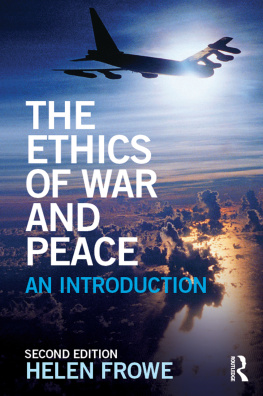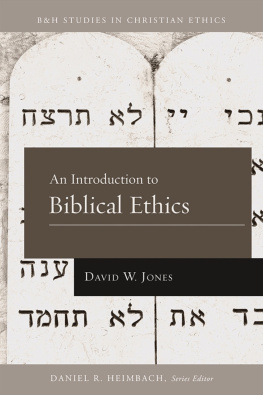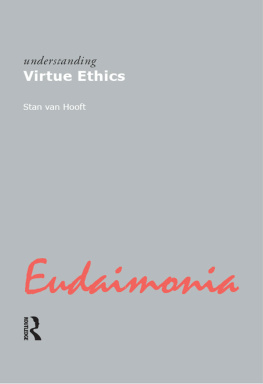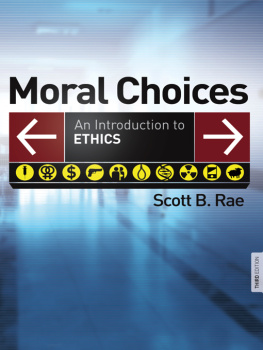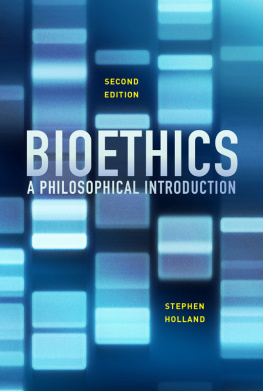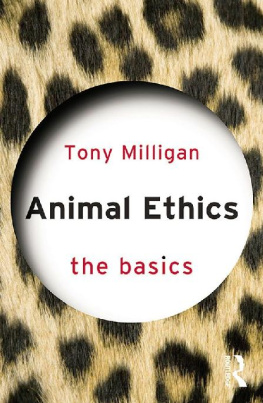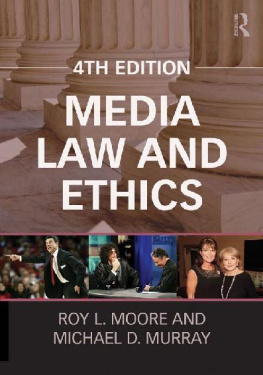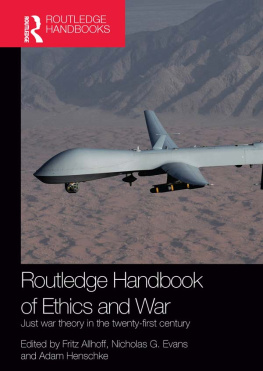
The Ethics of War and Peace
The Ethics of War and Peace is a lively introduction to one of the oldest, but still most relevant, ethical debates. Focusing on the philosophical questions surrounding the ethics of modern war, Helen Frowe presents contemporary just war theory in a stimulating and accessible way.
This 2nd edition includes new material on weapons and technology and humanitarian intervention, in addition to:
theories of self-defence and national defence
jus ad bellum, jus in bello and jus post bellum
the moral status of combatants
the principle of non-combatant immunity
and the nature of terrorism and the moral status of terrorists.
Each chapter includes examples and concludes with a summary, discussion questions and suggestions for further reading to aid student engagement, learning and revision. The glossary has been expanded to cover the full range of relevant terminology.
This is the ideal textbook for students of philosophy and politics approaching this important area for the first time.
Helen Frowe is a Wallenberg Academy Research Fellow in Philosophy at Stockholm University, where she directs the Stockholm Centre for the Ethics of War and Peace.
The Ethics of
When is it right to go to war? What are the causes of poverty? Are human intelligence and machine intelligence the same? What is cyber-terrorism? Do races exist? What makes a person a refugee?
Each engaging textbook from The Ethics of series focuses on a significant ethical issue and provides a clear and stimulating explanation of the surrounding philosophical discussions. Focusing on moral debates at the forefront of contemporary society, they have been designed for use by students studying philosophy, applied ethics, global ethics and related subjects such as politics, international relations and sociology. Features to aid study include chapter summaries, study questions, annotated further reading and glossaries.
Forthcoming titles:
The Ethics of Global Poverty: An Introduction
Scott Wisor
978-1-138-82706-6
The Ethics of Cyber Conflicts: An Introduction
Mariarosaria Taddeo
978-1-138-82726-4
The Ethics of War and Peace
An Introduction
Second Edition
Helen Frowe

First edition published in 2011
This edition published as The Ethics of War and Peace: An Introduction, 2016
by Routledge
2 Park Square, Milton Park, Abingdon, Oxon OX14 4RN
Simultaneously published in the USA and Canada
by Routledge
711 Third Avenue, New York, NY 10017
Routledge is an imprint of the Taylor & Francis Group, an informa business
2011, 2016 Helen Frowe
The right of Helen Frowe to be identified as author of this work has been asserted by her in accordance with sections 77 and 78 of the Copyright, Designs and Patents Act 1988.
All rights reserved. No part of this book may be reprinted or reproduced or utilised in any form or by any electronic, mechanical, or other means, now known or hereafter invented, including photocopying and recording, or in any information storage or retrieval system, without permission in writing from the publishers.
Trademark notice: Product or corporate names may be trademarks or registered trademarks, and are used only for identification and explanation without intent to infringe.
British Library Cataloguing in Publication Data
A catalogue record for this book is available from the British Library
Library of Congress Cataloging in Publication Data
Frowe, Helen.
The ethics of war and peace : an introduction / Helen Frowe. -- Second edition.
pages cm
Includes bibliographical references and index.
1. War--Moral and ethical aspects. 2. Just war doctrine. 3. Military ethics. I. Title.
U22.F76 2015
172.42--dc23
2015016574
HBK ISBN13: 978-0-415-72479-1
PBK ISBN13: 978-0-415-72481-4
EBK ISBN13: 978-1-315-67159-8
Typeset in Garamond and Gill
by Saxon Graphics Ltd, Derby
For my dad, Ian (again)
Contents
,
Many people have given me help and advice on this book. I am very grateful to Andras Lind for comments on . I also owe thanks to three anonymous referees who gave me very useful comments on the whole manuscript, to Tony Bruce at Routledge for first proposing the book, to Adam Johnson at Routledge for help along the way, and to Rob Vinten for doing the index at unreasonably short notice. Thanks also to Seth Lazar for organising various events at the Oxford Institute for Ethics, Law and Armed Conflict that gave me ideas and inspiration, and for many thought-provoking conversations about war and self-defence. I am also very grateful to the Leverhulme Trust for funding received during the writing of the book.
During the writing of the second edition of this book, I have been funded by the splendid Knut and Alice Wallenberg Foundation. I am very grateful to them for their support. Thanks also to the anonymous reviewers who gave helpful feedback on the first edition of the book.
Few activities raise as many moral questions as the activity of war. War is, by its very nature, an exercise in destroying lives and property, usually on a very great scale. Those people who engage in warfare transgress some of our most fundamental moral convictions about the wrongness of taking life and inflicting harm. And yet, those who perpetrate these transgressions the soldiers and their political leaders are often praised as heroes. Children aspire to be soldiers. Parades are held for those returning from conflicts. We honour those who die in combat, and decorate those who show particular courage or skill on the battlefield. Why do we regard killing in war as not only morally permissible, but also morally admirable? How can we explain these apparent exceptions to our usual prohibitions on the inflicting of harm?
Just war theorists have, over the centuries, produced a vast literature that tries to answer these questions among others. The primary task of just war theory is to determine and explain the rules of war, with respect to both the initial resort to war and the way in which a war is fought. On some issues a considerable degree of consensus has been reached. Most writers, for example, accept that there is a morally significant distinction between those who fight combatants and those who do not. But in many other respects there is profound disagreement about when war is justified, and how wars should be fought.
Unsurprisingly, the current political climate has led to a surge of interest in these most ancient of questions among philosophers, legal scholars, political scientists and ordinary citizens. The emergence of terrorism as a central issue on the international stage, combined with the recent and controversial wars in Iraq and Afghanistan and the growing awareness of humanitarian crises in developing countries, has triggered in many people deep reflection upon fundamental questions about justice, rights and the causes for which people may kill and be killed. Debates that many of us living in Western democracies thought to be long settled have re-emerged as genuinely divisive issues with significant practical implications. Are there circumstances in which governments are allowed to torture their political opponents? Is indefinite detention without trial acceptable, provided that the detainees are (suspected) terrorists? Countries that have led the way in establishing the ideal of universal human rights are now accused of violating these rights both at home and abroad. Faced as we are with this changing character of warfare, in which the role of sub-state groups begins to rival that of states themselves, just war theorists have approached anew many of the traditionally dominant views of both just war theory and international law.
Next page
